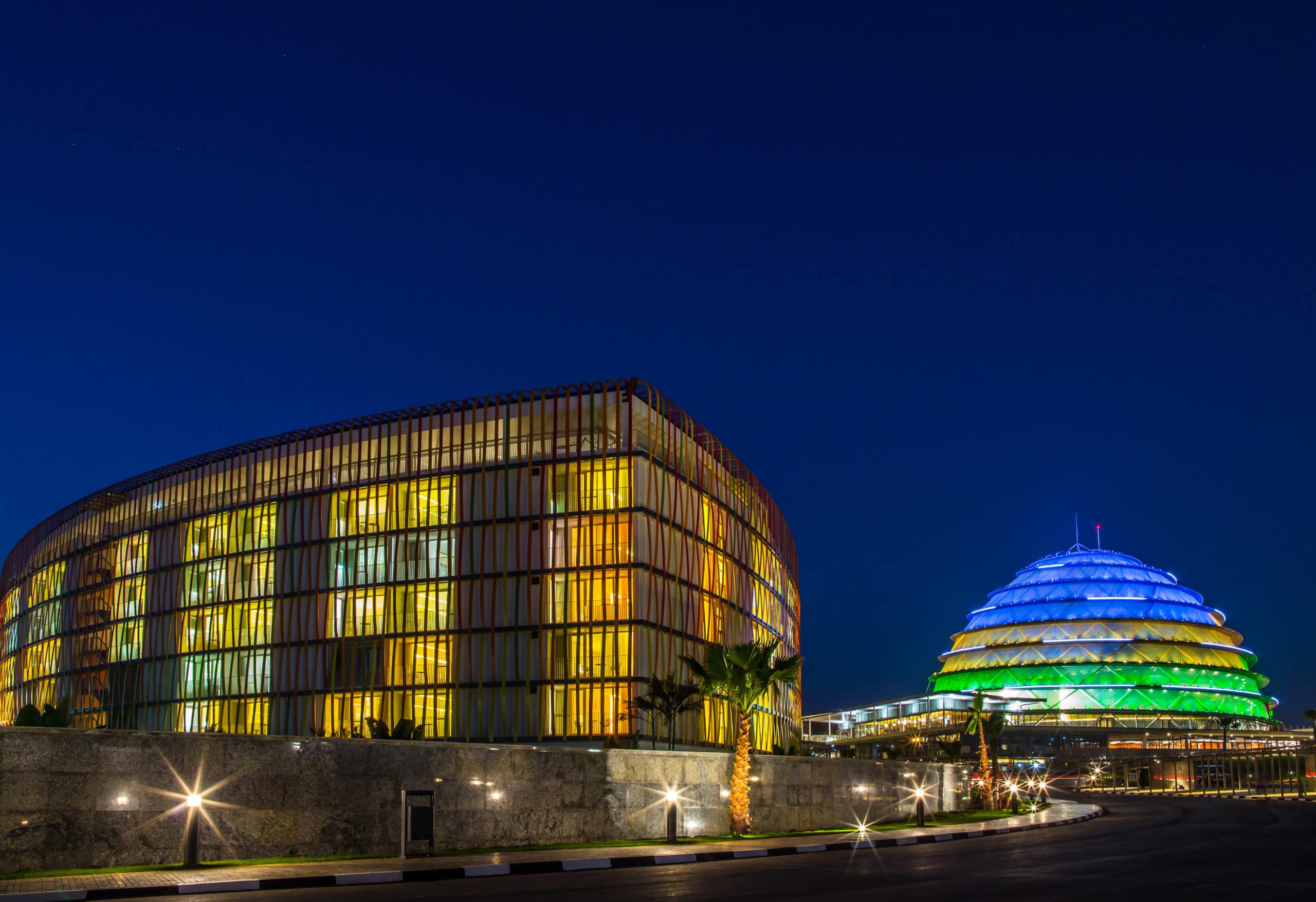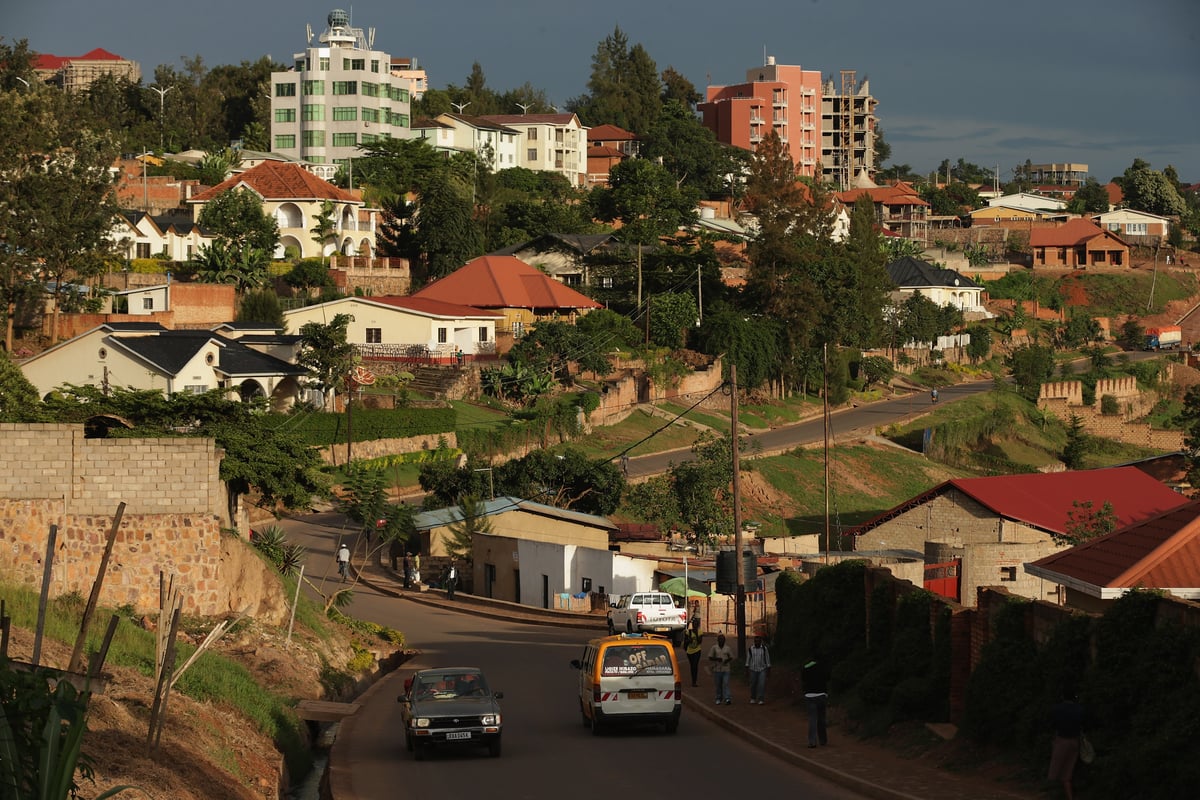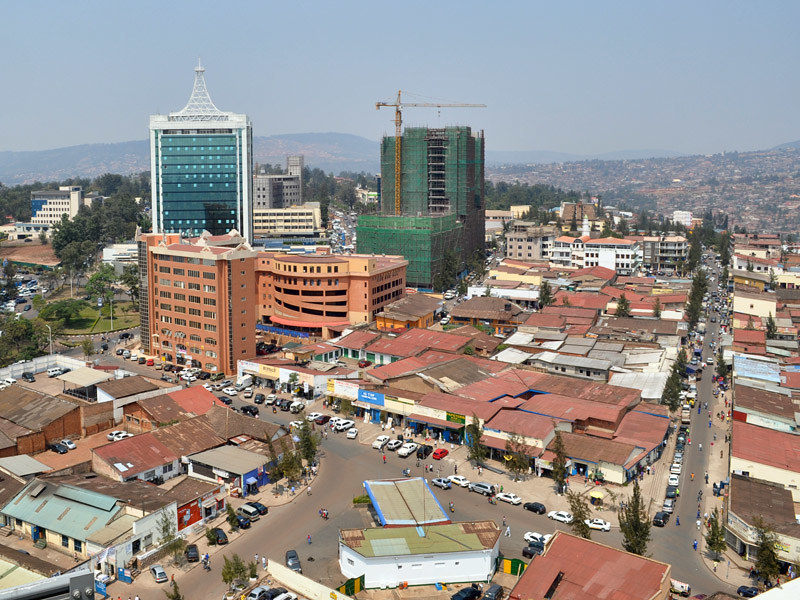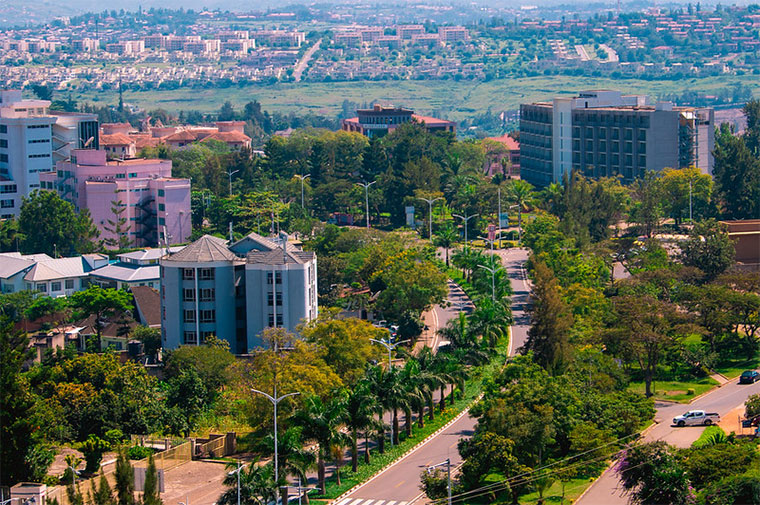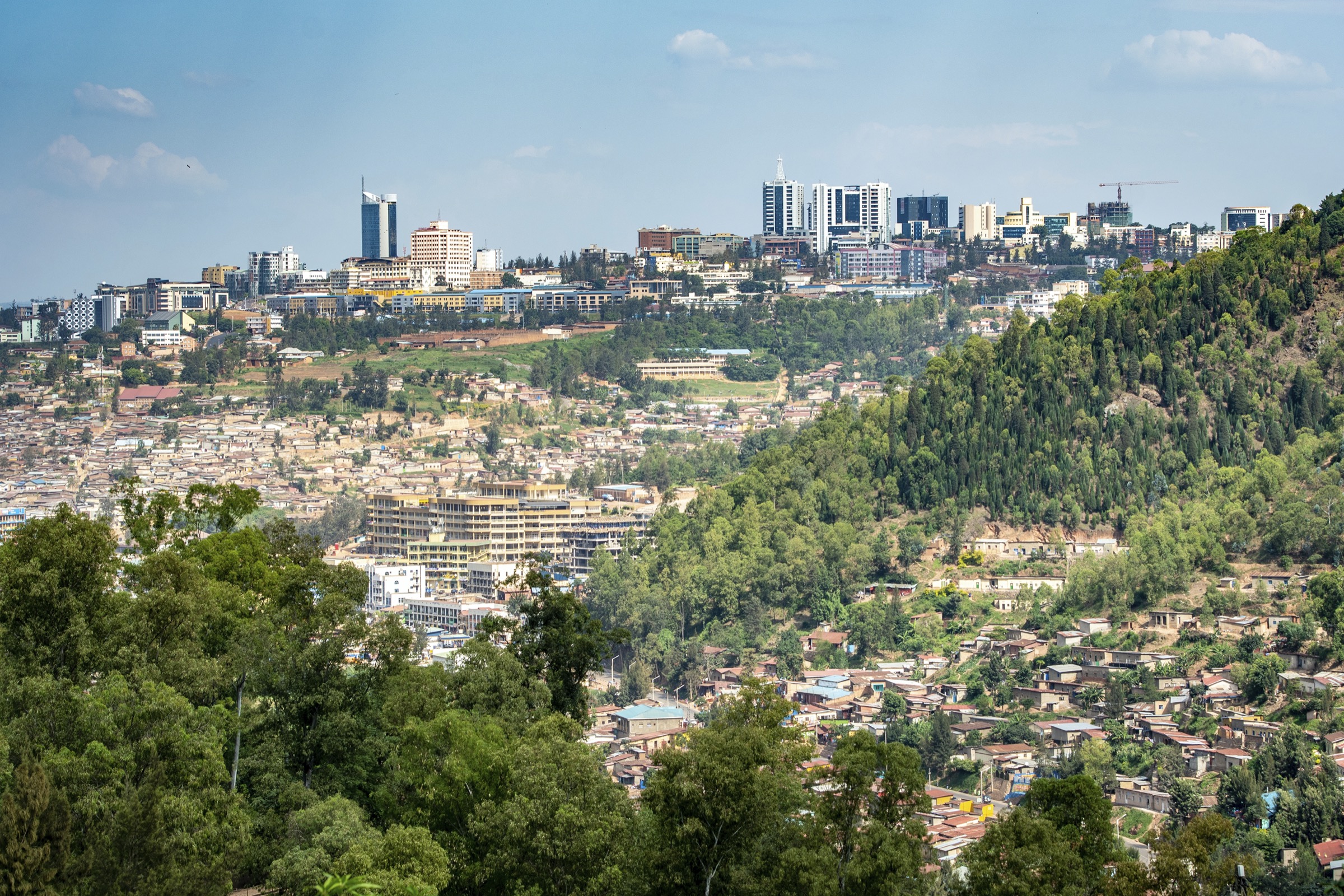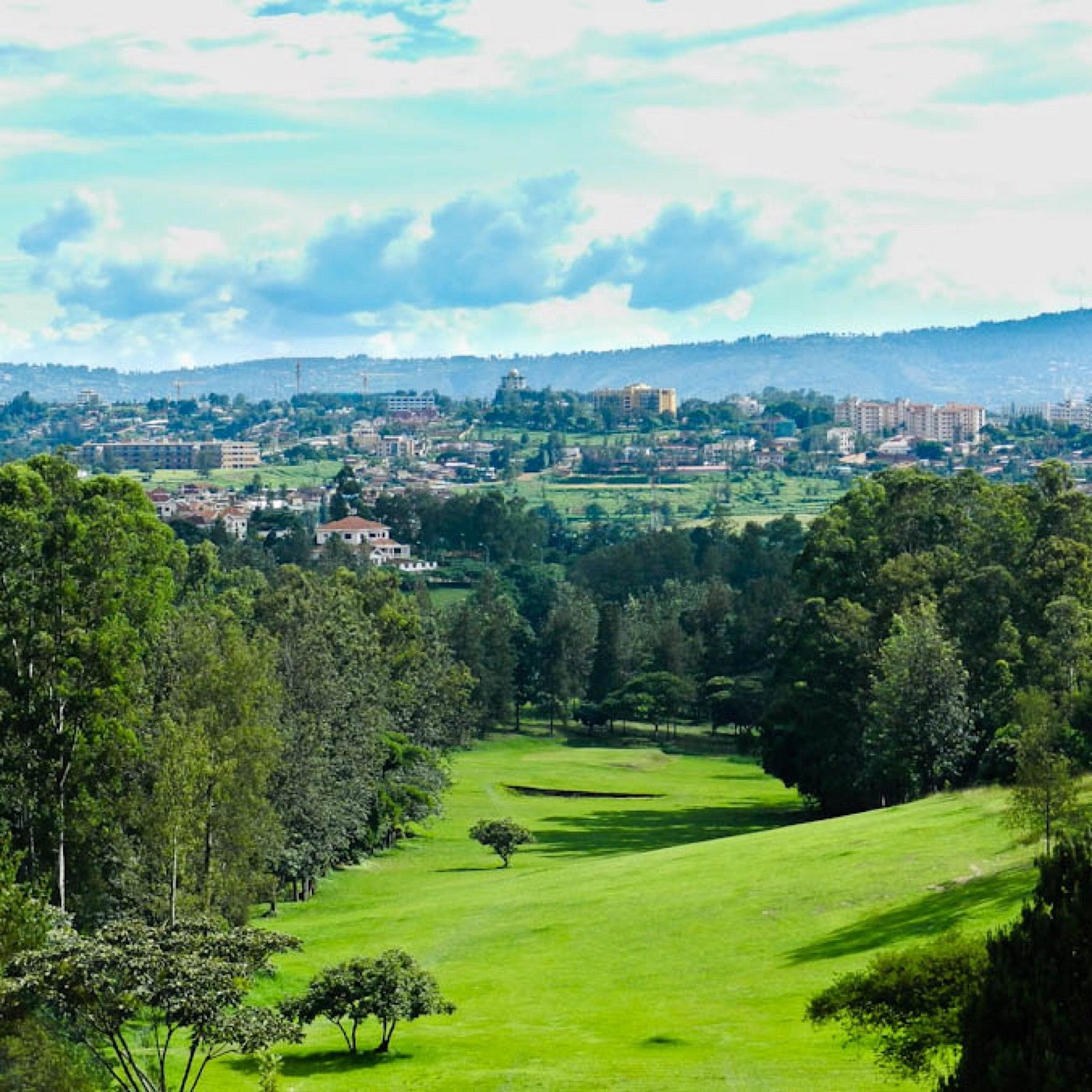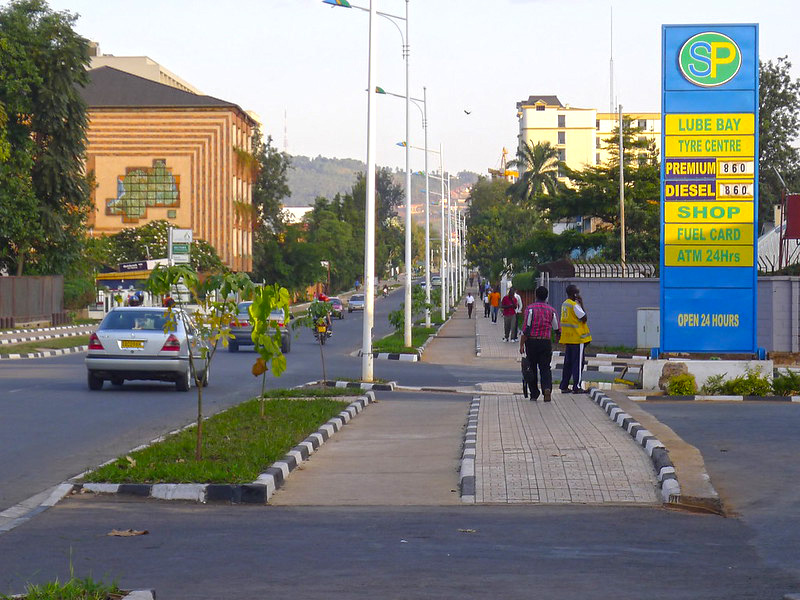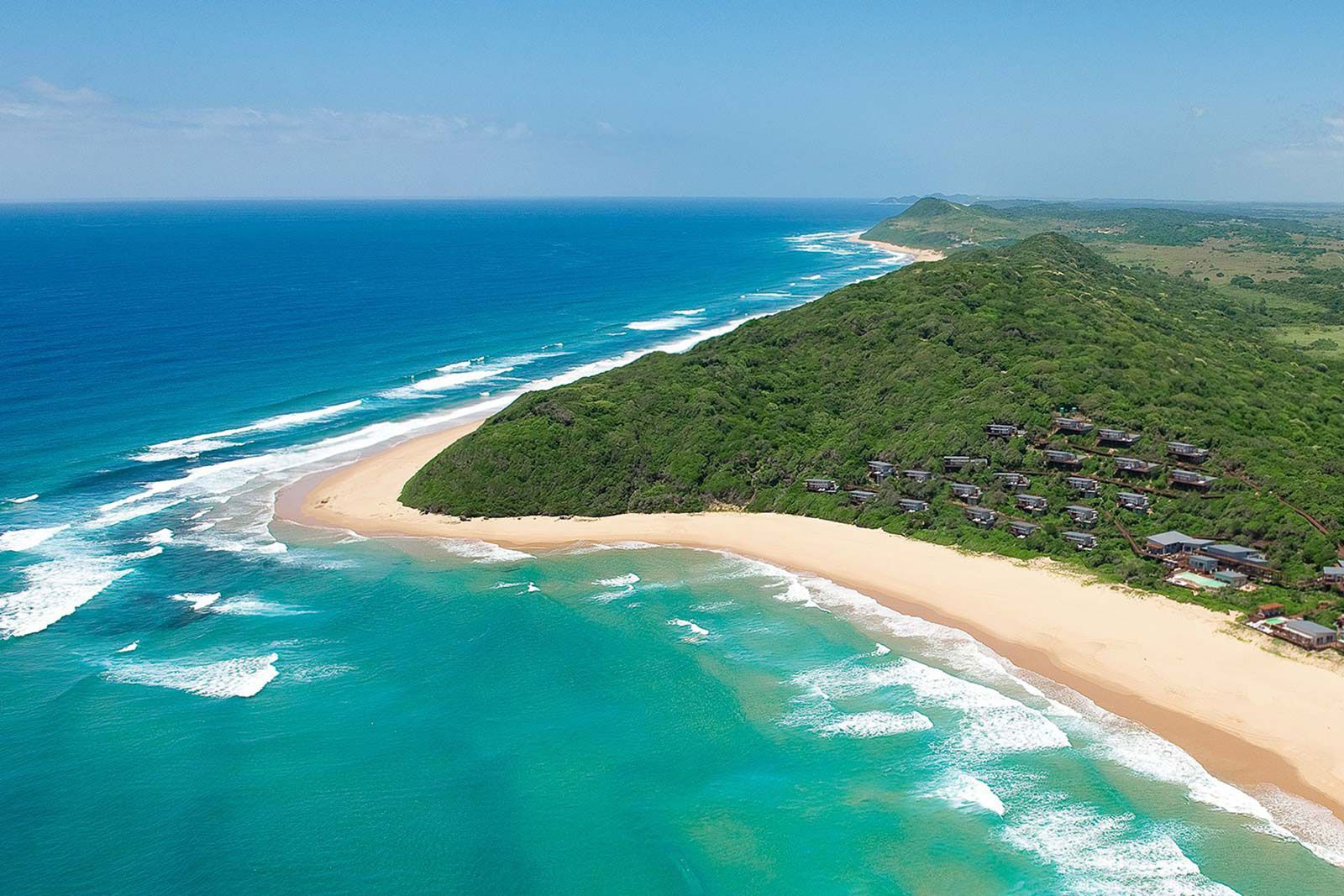Views Of Kigali
About
location:
Central Rwanda
Kigali, the capital city of Rwanda, is a vibrant and rapidly developing urban center in the heart of East Africa. Nestled among lush green hills and valleys, Kigali is a city that beautifully blends natural beauty with modern infrastructure and a rich cultural heritage. As one of the cleanest and safest cities in Africa, Kigali has earned a reputation for being a progressive and forward-thinking metropolis that is constantly evolving and innovating.
One of the most striking features of Kigali is its cleanliness and orderliness. The city's streets are immaculately maintained, and residents take great pride in keeping their surroundings clean and litter-free. This commitment to cleanliness is not only a testament to the city's environmental awareness but also reflects the Rwandan people's strong sense of community and collective responsibility.
In recent years, Kigali has undergone a remarkable transformation, with new developments springing up across the city and a growing number of international businesses and organizations setting up shop in the area. This rapid development has led to a surge in economic activity and job opportunities, making Kigali an attractive destination for both local and foreign investors.
Despite its modernity, Kigali has managed to preserve its cultural heritage and traditions. The city is home to a thriving arts scene, with galleries, museums, and cultural centers showcasing traditional Rwandan art and craftsmanship. Visitors to Kigali can also explore the city's bustling markets, where vendors sell everything from fresh produce to handmade crafts, providing a glimpse into everyday life in Rwanda.
Kigali is also known for its culinary scene, with a wide range of restaurants and eateries offering delicious Rwandan and international cuisine. From street food stalls serving local delicacies to upscale dining establishments offering gourmet fare, Kigali has something to suit every palate.
In addition to its cultural and culinary offerings, Kigali boasts a range of recreational activities for residents and visitors alike. The city is surrounded by picturesque hills and valleys, providing ample opportunities for hiking, biking, and outdoor adventures. Kigali is also home to several parks and green spaces, where locals gather to relax, socialize, and enjoy the city's natural beauty.
Overall, Kigali is a city of contrasts and contradictions, where modernity meets tradition, and urban development is balanced with environmental sustainability. With its welcoming atmosphere, dynamic energy, and unparalleled beauty, Kigali is a city that captivates the hearts of all who visit and leaves a lasting impression on those who call it home.
Things to know before travelling to Kigali
This article is a tip of the iceberg but will equip you with the "Absolute Need to Knows" for Kigali.
How to get there?
Kigali International Airport is the main international airport in Rwanda, with flights from several major cities in Africa, Europe, and the Middle East. Kigali is well-connected to its neighboring countries by road. If you're coming from Uganda, you can enter Rwanda through the Gatuna/Katuna border post, which is about a two-hour drive to Kigali. If you're arriving at Kigali International Airport, you'll find many taxi and shuttle services available to take you into the city.
Once you’re in Kigali, you can get around using public transportation like moto-taxis (commonly known as "motos"), buses, and taxis. Moto-taxis are a popular and inexpensive way to get around the city.
About the weather
Kigali's climate is generally pleasant throughout the year, with two distinct seasons. The dry season lasts from June to September, with average temperatures ranging from 16°C (61°F) to 23°C (73°F). The rainy season lasts from March to May and October to November, with average temperatures ranging from 17°C (63°F) to 24°C (75°F).
Kigali is situated at an elevation of about 1,500 meters (4,921 feet) above sea level, which helps to keep the temperatures cool and comfortable throughout the year. Although Kigali's weather is relatively moderate, the city can experience occasional extreme weather events, such as thunderstorms and hailstorms, particularly during the rainy season. Keep an eye on weather forecasts and follow any warnings from local authorities.
Medical matters that affect your visit.
Some medical matters to consider when planning a visit to Kigali, Rwanda, include:
Vaccinations
Make sure you are up to date on routine vaccinations, including measles-mumps-rubella (MMR), diphtheria-tetanus-pertussis, varicella (chickenpox), polio, and the yearly flu shot. Additionally, consider vaccinations for hepatitis A and B, typhoid, and yellow fever, which may be recommended for travelers to Rwanda.
Malaria
Rwanda is a malaria-endemic country, so it is essential to take antimalarial medication before, during, and after your visit. Use insect repellent, wear long sleeves and pants, and sleep under a mosquito net to help prevent mosquito bites.
Food and water safety
Drink only bottled or boiled water and be cautious of consuming raw or undercooked foods, fruits, and vegetables that may have been washed in contaminated water. Make sure to peel fruits and vegetables yourself before eating them.
Altitude Sickness
Kigali is located at a higher elevation than many other cities, so visitors may experience symptoms of altitude sickness, such as headaches, fatigue, and shortness of breath. Take it easy upon arrival and stay hydrated to help alleviate symptoms.
Medical Facilities
While Kigali has several hospitals and clinics offering medical services, the quality of care may vary. It is advisable to have travel health insurance that covers medical evacuation in case of serious illness or injury.
Traveler's Diarrhea
Just like in many other destinations, traveler's diarrhea can be a concern in Kigali. Practice good hygiene, such as frequent handwashing, and avoid consuming tap water, ice, and street food to reduce the risk of gastrointestinal issues.
HIV/AIDS
Rwanda has a relatively high prevalence of HIV/AIDS. Take precautions to prevent exposure to the virus, such as practicing safe sex and avoiding sharing needles or other injecting equipment.
Sun Protection
The sun in Rwanda can be quite strong, so make sure to wear sunscreen, sunglasses, and a hat to protect your skin from sunburn and reduce the risk of skin cancer.
It's advisable to consult with a healthcare provider or travel medicine specialist well in advance of your trip to discuss any specific health considerations and receive personalized recommendations based on your medical history and travel itinerary.
Cultural Ettiquettes at Kigali
Rwandans are known for their politeness and courtesy. Greeting others is very important. "Mwaramutse" (hello) or "Muraho" (hello, how are you?) are common greetings. Shaking hands with both hands (or right hand plus left forearm) is also a common greeting. It's important to dress conservatively. Men typically wear long trousers, while women wear dresses or skirts that extend to at least knee length. It's considered disrespectful to wear shorts, especially in rural areas.
it's also polite to eat with your right hand, as the left hand is considered dirty. Before and after eating, people typically wash their hands as a sign of cleanliness. It's considered disrespectful to take photos of people without permission, especially in rural areas. Always ask first and respect their wishes if they decline.
Pointing at people with your index finger is considered rude, as is touching someone's head or pointing your feet at another person. Public displays of affection are not common in Rwanda, and it’s considered impolite to stand with your arms crossed.
Rwanda is predominantly Christian, with around 60% of the population being Catholic. Be respectful of religious customs, such as removing hats in church. Rwandans are known for their hospitality, and it's common for visitors to be invited into people’s homes for a meal or a chat. If invited, always accept the invitation and remove your shoes before entering.
If you're visiting someone's home, it's polite to bring a small gift, such as flowers, chocolate, or wine. However, avoid giving gifts that are overly expensive, as this can be seen as a form of bribery. Rwanda takes great pride in its natural environment, and there are strict penalties for littering or harming wildlife. Respect the environment by disposing of your trash properly, and be mindful of the impact of your actions on the local flora and fauna.
Rwanda is a socially conservative country, and homosexuality is considered taboo. Public displays of affection between same-sex couples are illegal, and can lead to arrest.
Overall, be respectful, patient, and open-minded when interacting with Rwandans, and you'll find them to be warm and welcoming hosts.
Language and communication at Kigali
Kinyarwanda is the primary language in Rwanda, with over 90% of the population speaking it. It's a Bantu language, related to other languages in the region like Swahili and Kirundi. While Kinyarwanda is the primary language, Rwanda also has two official languages: French and English.
French is widely used in business and government, while English is gaining popularity, especially among young people. Many people in Kigali speak at least some English, so you shouldn’t have much trouble communicating in the city.
Rwandans tend to be reserved and maintain a certain level of formality in their body language. Eye contact is important, and gestures like crossing your arms or leaning back can be seen as disrespectful. They typically greet each other with a handshake, sometimes accompanied by a hug and a gentle pat on the back. It’s considered polite to use the phrase "Muraho" (hello) or "Mwaramutse" (hello, how are you?) when greeting someone.
Rwandans are usually patient listeners and expect the same from others. Avoid interrupting or talking over people, and be sure to listen attentively when someone is speaking. Rwandans generally avoid sarcasm and irony, as these can be difficult to understand across language barriers. Instead, use straightforward language and humor that is positive and lighthearted.
It's considered impolite to bring up sensitive topics like ethnicity, politics, or the genocide when talking to Rwandans. They enjoy discussing topics like the weather, sports, family, and food. Ask locals for their recommendations on where to eat and what to see, and they'll likely be happy to offer advice and share their experiences.
Rwandans often greet each other by saying "Amakuru" (What news?), to which the common response is "Ntabana" (Everything is fine). You can also respond by saying "Ntabana" or by asking "Amakuru yawe?" (How are you?). Rwandans tend to speak slowly and deliberately, so be patient and give them time to express themselves fully. This is particularly true if you’re speaking to someone whose first language is not English.
Vital Information on Money Matters
Here's some important information on money matters when visiting Kigali, Rwanda.
Very few places in Rwanda accept credit cards, so it's best to bring cash. You can exchange money at money-changing facilities in Kigali. The official currency in Rwanda is the Rwandan franc (RWF), which can be divided into 100 centimes.
ATMs are available in Kigali, but they may not always be reliable. It's a good idea to bring enough cash to cover your expenses. You can also exchange money at banks or foreign exchange bureaus in Kigali. Tipping is not customary in Rwanda, but it's appreciated if you're satisfied with the service.
Bargaining is common in markets and shops, but be respectful and don't haggle too aggressively.
Fun things to do at Kigali
There are many fun things to do in Kigali, Rwanda. Here are some activities you can enjoy:
Visit the Kigali Genocide Memorial
This memorial provides a sobering look at the 1994 genocide in Rwanda and honors the victims. It is an important place to learn about the country's history and pay respects to those who lost their lives.
Explore the Kimironko Market
This bustling market is a great place to experience authentic Rwandan culture, shop for local goods, and interact with friendly vendors. You can find a variety of crafts, textiles, fresh produce, and souvenirs here.
Hike Mount Kigali
For outdoor enthusiasts, hiking Mount Kigali offers beautiful views of the city and surrounding countryside. The hike is relatively easy and can be done in a few hours, making it a great way to stay active and enjoy the outdoors.
Visit the Inema Arts Center
This contemporary art gallery features works by local Rwandan artists and provides insight into the country's vibrant art scene. You can view exhibitions, attend workshops, and even purchase original artworks to take home.
Enjoy Rwandan cuisine
Sampling the local cuisine is a must-do in Kigali. Be sure to try traditional dishes like ugali (a cornmeal-based dish), grilled meats, and plantains. You can also visit local restaurants and markets to taste a variety of flavors and ingredients unique to Rwanda.
Take a city tour
Explore Kigali with a guided city tour to learn more about its history, culture, and landmarks. You can visit areas like Nyamirambo, Kigali's oldest neighborhood, and the Presidential Palace Museum to gain a deeper understanding of the city's past and present.
Relax at a coffee shop
Rwanda is known for its high-quality coffee, so be sure to stop by a local coffee shop to savor a cup of freshly brewed Rwandan coffee. You can also enjoy a relaxing atmosphere, catch up on work, or simply unwind with a good book.
These are just a few of the many fun things you can do in Kigali, Rwanda. Whether you're interested in history, art, outdoor activities, or culinary experiences, there's something for everyone to enjoy in this dynamic city.
Who can travel to Kigali?
Almost everyone can travel to Kigali, Rwanda! Citizens of all countries can get a visa upon arrival without prior application, and visitors can obtain a 30-day tourist visa at the port of entry. Plus, if you're a citizen of a country that's a member of the African Union, Commonwealth, or La Francophonie, you can get a free visa for a 30-day visit.
Travel Documents
You will need a valid passport and visa to enter Rwanda. Make sure your passport is valid for at least six months after your travel date and check if you need to obtain a visa before traveling.
What time of the year is best to visit?
The best time to visit Kigali is generally considered to be during the dry season, which runs from June to mid-September. This is when you're likely to experience warmer, drier weather, making it ideal for outdoor activities and wildlife viewing.
January, June, July, and August are also good months to visit, with warm temperatures and relatively dry weather. However, it's important to note that Rwanda has two wet seasons, so you'll want to avoid traveling during the long rains from March to May, or the short rains in April, October, and November.
Packing essentials for your trip
Packing for a trip to Kigali, Rwanda requires careful consideration of various factors such as the weather, culture, and activities you plan to engage in. Here is a list of essential items to pack for your trip to Kigali:
Lightweight Clothing
Kigali has a mild climate with temperatures averaging around 70-80°F (21-27°C) throughout the year. Pack lightweight and breathable clothing such as T-shirts, shorts, dresses, and light trousers. Consider packing a mix of casual and slightly more formal attire for visits to restaurants or events.
Rain Gear
Rwanda is known as the "land of a thousand hills," and Kigali is no exception. Be prepared for sporadic rainfall by packing a compact umbrella or a lightweight rain jacket.
Comfortable Walking Shoes
Since Kigali is hilly, comfortable walking shoes are a must. Pack a sturdy pair of walking shoes or sneakers for exploring the city and its attractions.
Travel Adapters
Rwanda uses Type C and Type J electrical outlets. Make sure to pack a universal travel adapter to charge your electronic devices.
Sun Protection
The sun in Rwanda can be strong, so pack sunscreen, sunglasses, and a wide-brimmed hat to protect yourself from the sun.
Insect Repellent
Rwanda is a tropical country, and you may encounter mosquitoes and other insects. Pack insect repellent to protect yourself from mosquito-borne diseases like malaria.
Travel Documents
Don't forget to bring your passport, visa (if required), travel insurance information, and any necessary vaccination documents.
Medications
Pack any necessary prescription medications, as well as over-the-counter medications for common travel ailments like headaches, stomach upset, and allergies.
Reusable Water Bottle
Stay hydrated by packing a reusable water bottle. The tap water in Kigali is generally safe to drink, but you may prefer to drink bottled water for convenience.
Backpack or Day Bag
A small backpack or day bag is handy for carrying your essentials while exploring Kigali.
Camera
Kigali is a beautiful city with stunning views and landscapes. Don't forget to pack your camera or smartphone to capture memorable moments during your trip.
Travel Guidebook or Maps
Consider bringing a travel guidebook or downloading maps on your smartphone to help navigate the city and discover hidden gems in Kigali.
Travel Towel
A quick-drying and compact travel towel can come in handy, especially if you plan to visit lakes, waterfalls, or other water-related attractions in and around Kigali.
Power Bank
Keep your electronic devices charged on-the-go with a portable power bank. This is especially useful if you plan to use your smartphone for navigation or taking photos throughout the day.
Snacks
Pack some snacks like granola bars, nuts, or dried fruits for when you're on the go or exploring areas where food options may be limited.
Ziplock Bags or Dry Bags
Protect your belongings from rain or water activities by packing them in ziplock bags or dry bags. This is particularly useful if you plan to visit beaches or go on water-based excursions.
Local Currency
Make sure to bring some local currency (Rwandan Franc) with you for small purchases, tips, and other expenses that may not accept credit cards.
Portable Water Purifier
If you plan to venture outside of Kigali into more remote areas or on outdoor adventures, consider bringing a portable water purifier to ensure access to clean drinking water.
Respectful Attire
Rwanda is a conservative country, so it's important to dress modestly and respectfully, particularly when visiting religious sites or local communities. Pack clothing items that cover your shoulders and knees to show respect for the local customs.
Travel Insurance
Last but not least, don't forget to purchase travel insurance to cover unforeseen events such as medical emergencies, trip cancellations, or lost luggage.
By packing these essentials and considering the unique aspects of your trip to Kigali, you can ensure a smooth and enjoyable travel experience in this vibrant city in Rwanda.
Remember to pack light and only bring what you need to avoid overpacking. Additionally, it's always a good idea to check the weather forecast before your trip to Kigali to ensure you pack appropriately for the current conditions. Safe travels!
view map
Book Flight ticket
If this widget is not showing try reloading the page
The flight search result will be provided in a new tab
Kigali international airport will be a good destination if you are coming from outside Rwanda
Book Hotel
If this widget is not showing try reloading the page
The hotel search result will be provided in a new tab
Input Kigali, Rwanda as the city name to search and compare hotel prices
You can book tours at hotels upon arrival.
